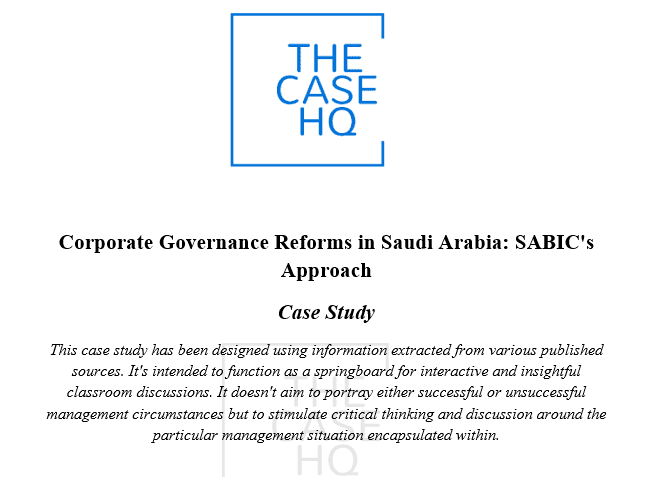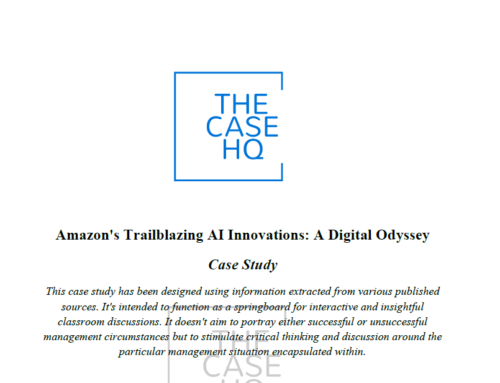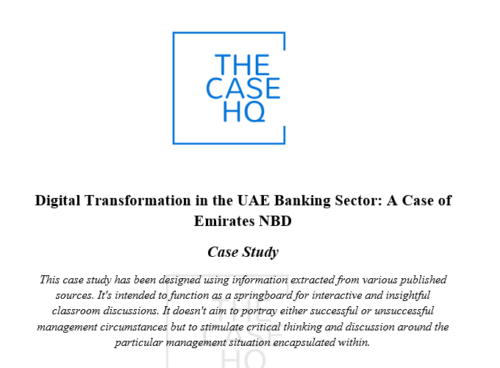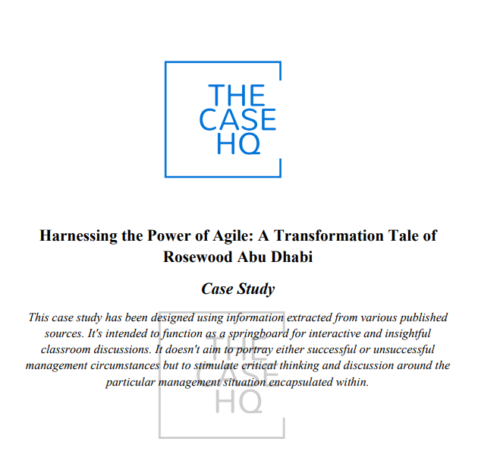Description
UN SDGs:
SDG 8: Decent Work and Economic Growth
SDG 12: Responsible Consumption and Production
SDG 16: Peace, Justice, and Strong Institutions
INTRODUCTION
Saudi Arabia has been undergoing significant economic and social transformations as part of its Vision 2030 initiative, which aims to diversify the economy, reduce dependency on oil, and enhance the overall business environment. A key aspect of these reforms has been the emphasis on corporate governance to improve transparency, accountability, and sustainability within the Kingdom’s corporate sector. Saudi Basic Industries Corporation (SABIC), one of the world’s largest petrochemical manufacturers and a flagship company in Saudi Arabia, has been at the forefront of implementing corporate governance reforms. This case study examines SABIC’s approach to corporate governance, the challenges and opportunities it has encountered, and the broader implications for the Saudi business environment.






